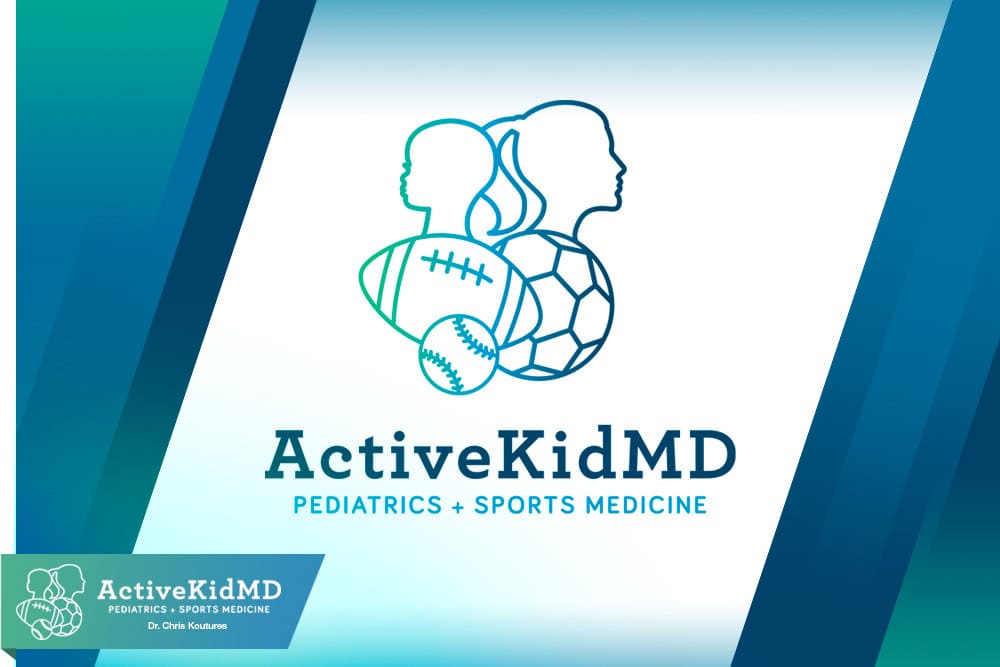Young athletes can be bombarded with many performance enhancing supplements that claim to build strength and assist in recovery.
Use of some supplements can be clouded by lack of true scientific support, side effects, and financial cost.
Like athletes have found for centuries, the quest for better performance can be a complicated process.
Let’s see if we can simplify this search with 6 sensible supplement recommendations:
1. Supplements: The Importance of Sleep
Can’t begin to tell you how sleep deprivation can derail even the best constructed exercise program.
Doesn’t matter how good your coach is, how tough you are, or the cutting-edge design of your training program.
Lack is sleep is a momentum crusher.
Sleep is probably the best, and most under-rated and under-appreciated performance enhancing supplement.

Don’t look at sleep as a punishment- nail your recovery by getting 8-9 hours of this important supplement
Skeletal muscle needs adequate recovery time to rebuild damaged fibers. Studies support needing a minimum of 8-9 hours of sleep a day. Insufficient sleep can also reduce mental alertness on the job or at school. Fewer hours of shut eye has also been associated with statistically higher risk of illness or injury.
2. Supplements: Appropriate Selection and Use of Fluids
Wait a second.
Thought this article was on supplements?
The first topic was sleep and now the second is on fluids?
What gives?
If sleep is the most under-appreciated supplement, then probably the safest and most important nutritional supplements are fluids.

Notice that only some of these hikers are carrying the most important nutritional supplement.
Lack of enough fluid intake leading to just a one pound weight loss may reduce athletic performance.
Therefore, it is key to drink appropriate amounts of fluid before activity and have appropriate access to fluids during practice and games.
- TIP TO ASSIST WITH FLUIDS: Just like too little fluid intake can be a problem, too much intake can also cause issues. Thus, use thirst as a guide rather than drink on a forced schedule.
- Here are suggestions from the American College of Sports Medicine:
- Drink 3-8 fluid ounces of water every 15- 20 minutes when exercising for less than 60 minutes depending on tolerance
- Drink 3-8 fluid ounces of water or a sports beverage (5-8 percent carbohydrate with electrolytes) every 15-20 minutes depending on tolerance when exercising greater than 60 minutes
- Depending on tolerance: means use thirst as a guide and realize that the above recommendations are a guide rather than requirements for healthy athletes
- Drink 16 ounces of fluid for every pound lost after activity.
- Here are suggestions from the American College of Sports Medicine:
3. Supplements: The Timing and Amount of Protein
OK, you are thinking, now we are talking about some real supplements.
Protein is the building block of skeletal muscle that is needed for repair and rebuilding after exercise.
Just about every serious athlete knows that.
Do you know when protein can give the most boost to your workout?
The best time for workout-related protein intake is within 30 minutes after completing exercise. In fact, that post workout meal might just well be the most important meal of the day.
A total daily intake of 0.5-0.7 mg protein/pound of body weight is another solid recommendations. That can be divided over all meals- including that key post workout meal.
So, is it time to stock up on those tubs of protein powder?
Well, I favor dairy or meat/bean/egg sources of protein as readily available and inexpensive protein sources. Furthermore, you’ll also get well-absorbed collateral benefits of calcium, Vitamin D, and iron with these whole food sources.
How about those specialized amino acid supplements?
Proteins are made up from amino acids, and taking specific amino acids has been touted for weight loss and strength building though there is a lack of rigorous support for high amounts of individual amino acids. Best to stick with whole food protein sources.
- TIP TO ASSIST WITH PROTEIN INTAKE: 8-12 ounces of chocolate milk within 30 minutes of exercise. Sensible recovery drink that has good carbohydrate: protein ratio allowing increased protein transport to recovering muscles. Other good post workout/health post-game snack protein sources include Greek yogurt and peanut butter.
4. Supplements: What About Creatine?
Now you are shaking your head in agreement.
We’re hitting some solid supplement talk.
Heard about creatine? Know what it is?
Creatine is found in muscle tissue and helps replace short-acting energy sources that fuel skeletal muscle contractions. Increased creatine in working muscles can potentially contribute to more intense workouts and quicker muscle recovery. Positive results have included increased speed and ability to complete multiple short-burst activities such as 80-100 yard sprints.
Unfortunately, common possible side-effects include water retention, bloating, and muscle cramping. In addition, kidney injury has been reported, though currently only in individuals that had previous kidney concerns.
Many athletes using creatine tell about increased abilities to give better efforts with limited recovery in between workouts. Increases in strength after using creatine suggest that larger muscles aren’t just due to water retention.
Take note that many United States-based sports medicine organizations do not endorse creatine supplementation in children under 18.
The best studied creatine supplements are either liquid or powder forms of Creatine monohydrate.
Some dosing programs include higher loading doses for the first few days, followed by lower daily maintenance doses. Other dosing regimens include medium daily doses without any higher loading amount.
So, do I have a preference on type and dosing schedule?
Indeed- the whole food sources of creatine on a regular basis rather than powders or liquids.
- TIPS ON CREATINE USE: If using any supplement, ensure that you are getting exactly what is on the container and not anything extra(see below). Lower creatine doses have been shown to reduce bloating, cramping or extreme water retention. Good food sources of creatine include wild game meats or wild-caught fish. You will also get collateral benefits of protein, calcium and iron. Domestic meats and fish (especially free-range meats) still have reasonable amounts of creatine.
5. Supplements: Are Pre-Workout or Energy Drink Safe and Do They Work?
Let’s switch topics to other types of liquid supplements commonly used by young athletes.
Advertised pre-workout supplements or “energy drinks” report to enhance athletic performance.
They routinely contain multiple components, the most common being caffeine, guarana and taurine and a lot of sugar..
All of three compounds are stimulants which can increase energy, but also have big-time side effects, especially in younger athletes. Some of these side effects include fast heart rate, vomiting, dizziness, and potential muscle damage- not exactly the type of positive effects you want in a workout supplement.
Remember- the best pre-workout supplement is that 8-9 hours of sleep you got right before starting exercise!
- TIPS ON PREWORKOUT SUPPLEMENTS: Read labels! Adding preworkout supplements or an energy drink to usual caffeinated beverage of choice might give an enormous caffeine/stimulant load. Even without mixing in other caffeine sources, the possible dangers of these drinks can definitely outweigh possible benefits.
6. Supplements; What’s the General Lowdown?
It is not hard to find a bunch of workout supplements that have been advertised to increase performance and exercise.
Some of these products will work- no doubt about it.
However, the gross majority of products do not have rigorous scientific support.
There is also a higher risk of side effects from both known and potentially unreported elements.
What is on the label of many products may not the same as what is in the actual container.
- TIPS ON SUPPLEMENTS: A significant number of supplements have additional, unreported elements that are potentially dangerous and might be banned for sporting competition. Suffering real and possibly long-term health consequences is not worth the potential short-term gains in strength and endurance. Invest your time and money into more sensible whole food options. appropriate fluid choices, and getting that all-important sleep!


